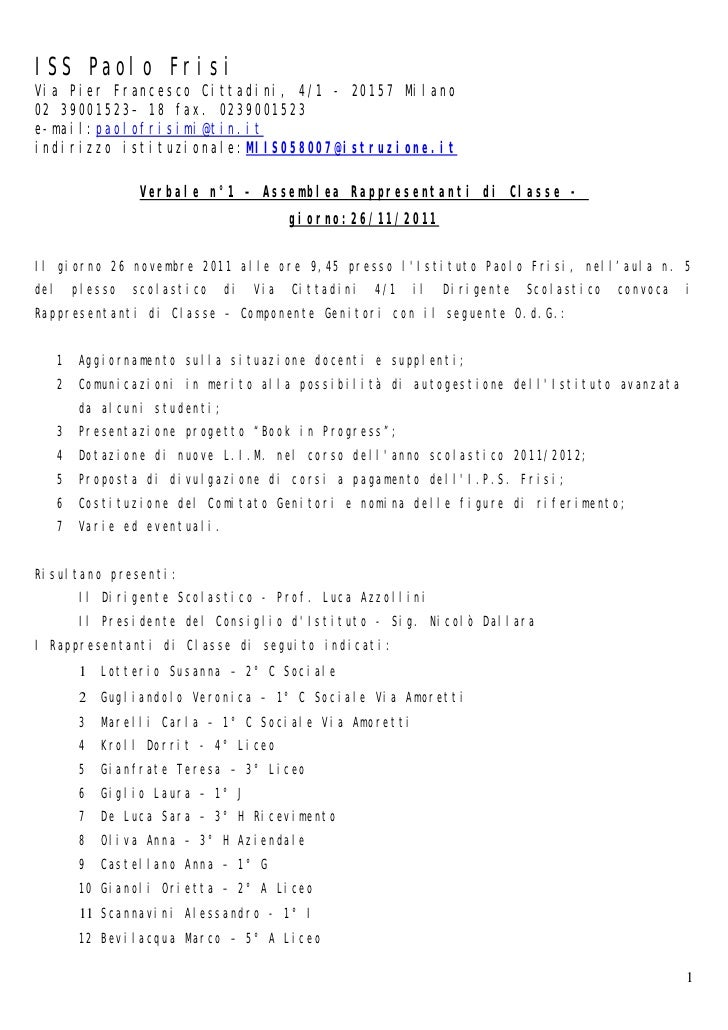
Appartamenti a Via Pier Francesco Cittadini. Commerciale in vendita a Via Pier Francesco Cittadini - Nestoria

Metodologia ed errori dell'attribuzionismo: Cittadini, Pasinelli e il caso del “Ritratto di famiglia” di Dozza

Ritratto della marchesa Alessandra Malvezzi, Pier Francesco Cittadini, detto il Milanese (Milano, 1616 – Bologna, 1681) attribuito • Vendita Online Antiquariato, Modernariato, Arte Contemporanea • NowArc

Milano sparita e da ricordare - Via Pier Francesco Cittadini, anni '60. A sinistra la chiesa di Sant'Agnese. | Facebook

PIER FRANCESCO CITTADINI (attr. a) - Wannenes Art Auctions - Casa d Aste a Milano, Genova, Roma e Monte Carlo

Pier Francesco Cittadini, opere sacre e disegni: novità, inediti e nuove attribuzioni - ABOUT ART ON LINE

Fine di un equivoco: Pier Francesco Cittadini non fu ritrattista, ma grande pittore di Natura Morta, e novità sul fratello Carlo. - ABOUT ART ON LINE

Pier Francesco Cittadini, il Milanese - Old Master Paintings 2010/10/13 - Estimate: EUR 50,000 to EUR 70,000 - Dorotheum

Come arrivare a Via Maria Drago / Via Pier Francesco Cittadini a Milano con Bus, Metro, Treno o Tram?


















